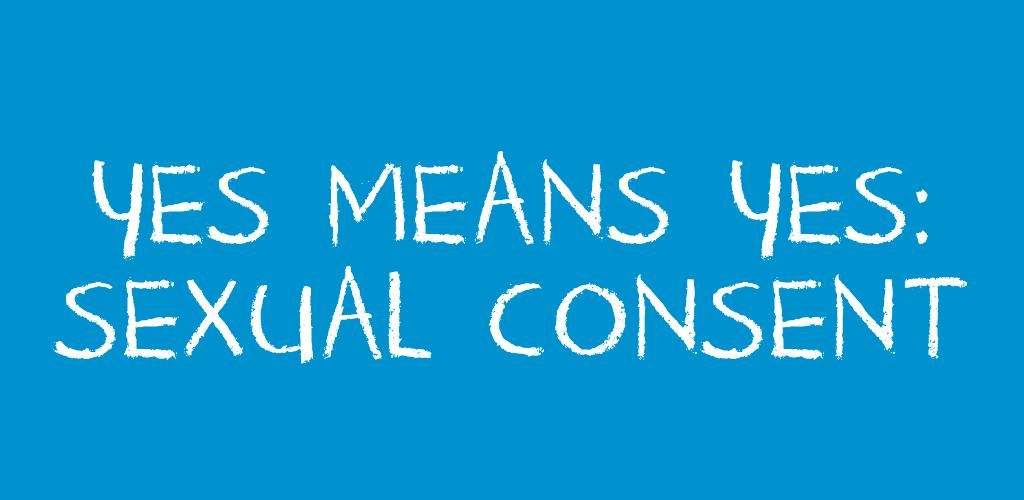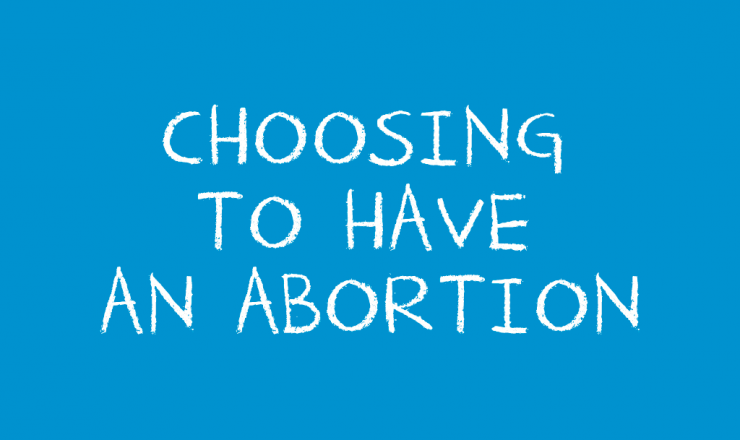Yes Means Yes: Sexual Consent
You may have heard the phrase “No means no” before. The message is simple: when someone says no to any sexual activity, you shouldn’t try to make it happen. Otherwise, it’s sexual assault, or sexual coercion, and that’s not okay.
But there’s a whole lot more to “consent” than just understanding that “no means no.” Wanna know how and why? Read below!
What is sexual consent?
- Sexual consent means saying yes to sexual activity.
- Everyone has the right to decide whether or not they want to do something sexual and to change their mind at any point.
- When you’re thinking of doing something sexual with somebody – whether it’s a sexual touch, a kiss, sex, or anything else – consent means talking with them beforehand. That way you can find out whether they’re into what’s on your mind or not.
- You can never assume someone is consenting to sexual activity just because they haven’t said no, or because you think you’re picking up on something from their body language. Consent is verbal. This means asking first before you do anything, even if someone has agreed to other sexual activities.
- Your sexual partner must be within the age of consent.
- Sexual consent should be given for any sex act such as kissing, touching or vaginal/anal penetration before it happens.
- Consent may also come with terms like if someone agrees to sex, but only if a condom is used. You must respect these terms if you want to maintain consent.
How can I be sure I have sexual consent?
- You will know if someone has consented when they say yes. Even better: Yes, please! Oh god yes! I thought you’d never ask!
- Someone cannot legally consent if they are drunk or high.
Why should I obtain sexual consent?
- Talking about sex and getting consent before it happens is hot. It shows that you respect your partner, and gives everyone a chance to agree about what they’re interested in and want to do.
- Getting consent can be a fun part of foreplay.
What might happen if I don’t obtain sexual consent?
- If you don’t get sexual consent first, you may end up doing something the other person does not want.
- You may violate someone’s personal boundaries and hurt them badly.
- If you force someone to have sex without their consent you may be charged with sexual assault and be taken to court and convicted of a criminal act.
What does age of consent mean?
- The age when a person is legally able to consent to sexual activities. You and your sexual partner must be within the age of consent. For more information on age of consent, check out What Do I Need to Know About Age of Consent? [Link]
What means NO?
- No means no.
- There many other ways to say no, such as:
- Not now, maybe later, I’ll think about it, and I’m not sure.
- Not responding or doing anything sexual in return.
- Turning and walking away.
Can my partner change their mind?
- Even if someone says yes, they have the right to change their mind at any time.
Does my partner have to tell me why they say no or change their mind?
- Sometimes they will share their reasons why, but they don’t have to.
- There are lots of reasons why somebody might say no or change their mind about sex. They may be feeling nervous, sick, drunk or afraid. They may just not be into it.
What should I do if the person I’m with changes their mind?
- Stop what you’re doing, no questions asked.
- You may choose to check in with them to see if they’re ok or if they want to talk about what’s going on for them.
I’m already in a relationship or on a date. Is that sexual consent?
- No, you can’t assume sexual consent based on being in a relationship or on a date. You still have to ask first.
My partner said okay to kissing. Is that sexual consent?
- Just because someone consents to one sexual act (e.g., kissing), doesn’t mean that they’re okay with another. You will still need to ask if things progress further.
For more on sexual consent, check out Check in First: How to Talk About Sexual Consent [Link] and What Do I Need to Know About Age of Consent? [Link].
If you have questions about this topic, feel free to contact one of our peer educators. [Link]
Last Edited: May 2020






